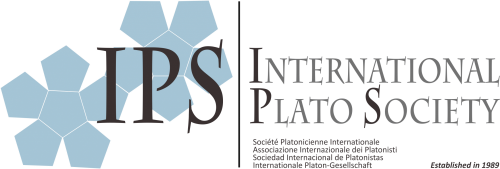The IPS at the APA Pacific Meeting—Virtually (Apr. 8-9, 2021)
The IPS will be hosting an online session at this year's Pacific Meeting for the APA on April 8–9, 2021. For more information on the session, visit the APA's meeting site. To register for the session, visit the signup page. For the schedule: April 8, Thursday 3:00–5:00 PM, Pacific Daylight Savings Time (Greenwich DST-8:00) [G12B International Plato Society, Session 1] Topic: Plato: Doxa and Episteme Chair: Harald Thorsrud (Agnes Scott College) Speakers: Naomi Reshotko (University of Denver): “False Judgment and Doxa without Judgment: Plato’s Insight at Tht. 187d-195c” Franco Trabattoni (Università degli Studi di Milano): “Recollection as Method of Inquiry? Meno 85c-d” David J. Murphy (Independent Scholar): “The Sophist’s Puzzling Episteme in the Sophist” April 9, Friday 3:00–5:00 PM Pacific Daylight Savings Time (Greenwich DST-8:00) [G15C International Plato Society, Session 2] Topic: Platonic Contrivances Chair: Richard D. Parry (Agnes Scott College) Speakers: Ioannis Kalogerakos (National and Kapodistrian University of Athens): “Education in the Laws” Gaia Bagnati [...]








